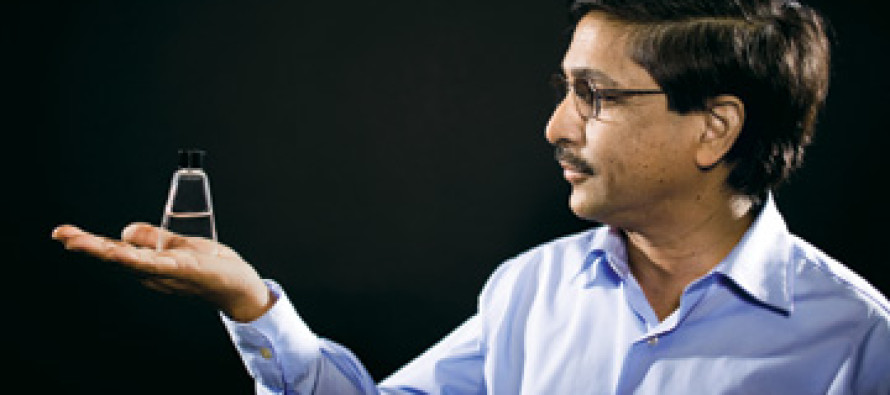Scientists Innovators : Abul Hussam

Abul Hussam calls the poisoning of drinking water with arsenic "one of the worst natural disasters on earth," and he is not the sort to stand idly by in the face of it. After decades of research, this associate professor of chemistry at George Mason University in Virginia has come up with a deceptively simple device to address the problem. It could save countless lives among the estimated 137 million people around the world whose water supply is contaminated with high levels of the colorless, odorless and tasteless metal, which accumulates in the body to cause sores, nerve damage, cancer and, too often, death.
Arsenic poisoning was no abstract issue for Hussam. As a graduate student in the U.S., his work on electro-analytical chemistry led him to discover dangerous levels of arsenic in the groundwater in his home district of Kushtia in Bangladesh. Meanwhile, other researchers were finding similar results elsewhere in the vast Ganges-Brahmaputra delta region of Bangladesh and in the neighboring Indian state of West Bengal.
Hussam set about working on an affordable, effective and environmentally sustainable way to make water arsenic-free. The result: his SONO filter, which uses a "composite iron matrix" that can be manufactured locally from cast-iron turnings, along with readily available river sand, wood charcoal and wet brick chips. The filter’s humble housing in a stack of three buckets belies its power to change lives. It removes 98% of arsenic content as well as other mineral impurities that make water hard. A $35 unit serves two families and lasts at least five years.
Hussam’s device won this year’s inaugural Grainger Challenge Prize from the U.S. National Academy of Engineering, and most of the $1 million prize has gone to a Bangladeshi nonprofit organization that produces and distributes the sono filter. Hundreds of thousands of Bangladeshis are benefiting already, and there are plans to take the SONO filter to India and Nepal and even further to South Africa. "People tell me how their symptoms of arsenic poisoning have been eased or even reversed with use of the SONO filter," says Hussam. "I even hear that women now prefer to wash their hair with filtered water as it makes it softer." No wonder Hussam gets a hero’s welcome whenever he returns to Kushtia.
by By MADHUR SINGH | Source
Link posted by: Anim Anamika


